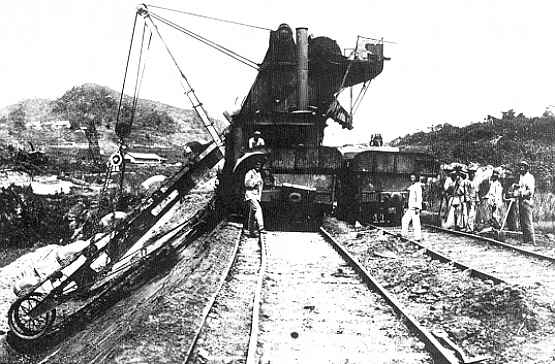Spic-O-Rama: Where ‘Spic’ Comes From, And Where It’s Going

*What I like about this is how young generations have taken a word that in the past was flung with a hate filled jagged edge, and smoothed it over with a sense of pride. The same has happened with the word “pocho,” used by Mexican nationals with derogation against Mexican-Americans. Young Pochos and Spics today have changed spite into pride. Older generations may not as yet understand, but it is, with no doubt, a sign of transformation. VL
By Juan Vidal, NPR Code Switch
Code Switch Editor’s note: This post is about the evolution of a word that is highly offensive to some and includes other offensive language.
If, unlike me, you’ve never had cause to become familiar with the term “spic,” you can see it in action in the story of a veteran Boston police officer who allegedly called his Uber driver a “fucking spic” and beat him up for going to the wrong address.
Or I could tell you about an afternoon in Miami some 20 years ago, when a crusty old white man called a crew of preteen misfits hanging around outside the convenience store “little spics” as he shuffled past. We bit a little harder on our cigarettes, but said nothing back.
Spic has long been a weapon of degradation, nestled in the same ungodly arsenal as “nigger” and “chink.” There are different versions of its etymological origin story. In 1908, the Saturday Evening Post sent a reporter to Panama to write about the thousands of North American laborers digging out the canal.
Click HERE to read the full story.
[Photo courtesy of Wikimedia]
